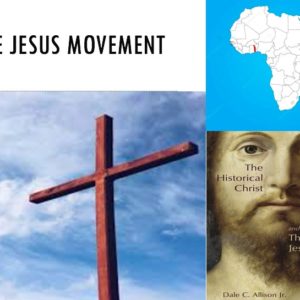The Christian Right
At the end of the 1980s, it was commonly assumed that the Christian Right consisted entirely of evangelical Protestants. More precisely, the Christian Right drew support from politically conservative Catholics, Jews, Mormons, and occasionally secularists. At the same time, many evangelical Protestants showed little interest in the Christian Right’s political goals. It may be helpful, … Continued

